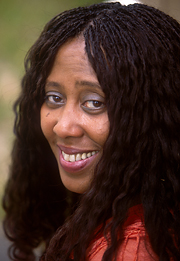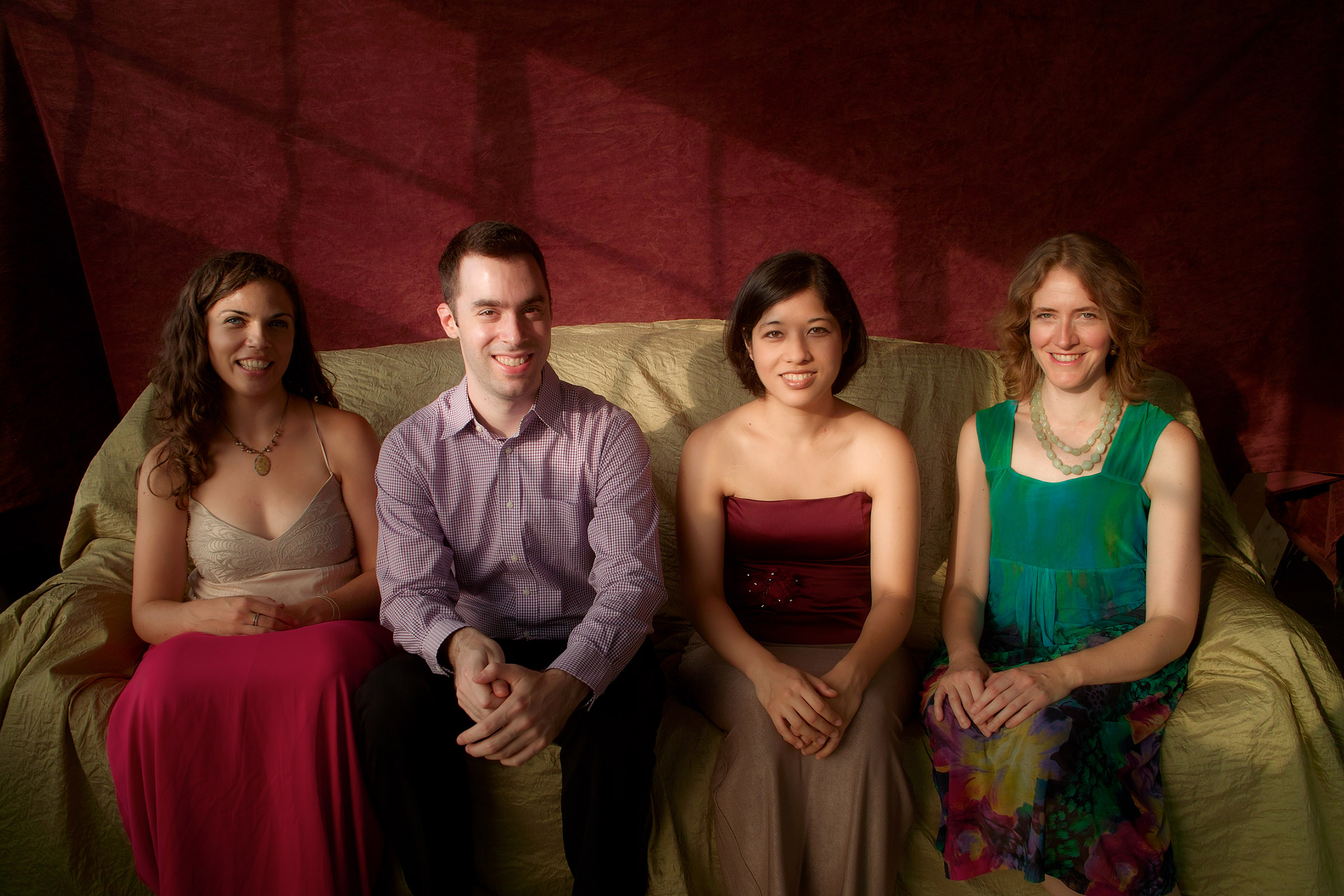
Looking forward to 2008-09, Amandla! reviews successes of past year

Czerny Brasuell, named first-ever "Administrator of the Year" by Amandla!
The Bates College organization that cultivates solidarity among students of African descent, Amandla! has announced its officers for the 2008-09 academic year.
Jasmine Beane ’11 of Cleveland Heights, Ohio, biochemistry major, and Theodore Sutherland ’11 of Accra, Ghana, a double major in French and economics, succeed departing co-coordinators Anthony Phillips ’10 of Philadelphia and Anthony Begon ’08 of Peabody, Mass.
Naming the new coordinators in a campuswide email, Phillips reviewed Amandla’s 2007-08 goals of inclusion, collectivity, family and cultural awareness. “We committed ourselves to crafting programs and events that would align with these objectives,” Phillips wrote.
Phillips also outlined a year of Amandla! successes:
Amandla! created its first-ever “Administrator of the Year” award, naming as inaugural recipient Dean of Multicultural Affairs Czerny Brasuell for her outstanding mentorship to multicultural students at Bates. “Her track record and outstanding years of service made it easy to choose her to receive this award,” Phillips wrote.
Amandla! also saluted Associate Dean of Students James Reese with an award named in his honor. The James L. Reese Trailblazer Award will be given annually to a member of the Bates faculty, administration or staff who devotes extraordinary time, care, mentorship and resources in supporting students of color at Bates College.
Goals Realized
Inclusion:
Amandla! organized several open campus forums, including a Martin Luther King Day workshop, on topics concerning individuals of African descent. Members of Amandla! organized a conference focused on the book The Color Complex: The Politics of Skin Color Among African Americans by Kathy Russell, Midge Wilson and Ronald Hall (Harcourt, 1992), which explores how skin color affects daily lives, and influences national social perceptions and influences politics. Co-author Hall delivered the conference’s keynote address, titled “The Bleaching Syndrome.” Raising more than $200 for the UNICEF Somalia Education Fund, the conference included an African Diaspora Dinner and a charity dance called Triad.
“We made an earnest effort to increase the number of non-black students who attend our weekly meetings,” wrote Phillips. These gatherings each covered a significant issue affecting the African Diaspora, including Zimbabwe’s presidential election, the conflict in Sudan’s Darfur and the U.S. presidential election.
Collectivity and Family:
“We formed familial bonds while collectively organizing events, and by learning about each other,” Phillips wrote. With the financial support of the Office of Multicultural Affairs, several Amandla! members traveled to New York City for the opening of the African Burial Ground, a lower-Manhattan site that contains the remains of 17th- and 18th-century free and enslaved Africans. While off-campus travel cemented close bonds, events back at Bates such as movie nights about black culture drew Amandla! students and the entire campus community closer together.
Cultural Awareness:
This year, Phillips wrote, Amandla! promoted the raising of black cultural awareness as a “vital task” in all of its event planning. These programs included the organization’s first pop quiz on topics in black history and the formation of the college’s first black gospel choir. During Black History Month, the group honored outstanding black alumni at Bates by displaying their biographies throughout campus corridors and buildings.




